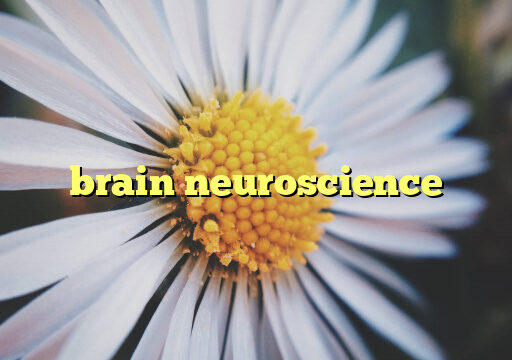Brain oscillations are rhythmic or repetitive neural activities in the brain that can be measured using various imaging techniques such as EEG (Electroencephalography) and MEG (Magnetoencephalography). These oscillations are categorized based on their frequency bands, ranging from delta waves (0.5-4 Hz) to gamma waves (30-100 Hz).
Importance of Brain Oscillations
Brain oscillations play a crucial role in cognitive processes such as memory, attention, and perception. They help synchronize neural activity within different brain regions, allowing for efficient communication and information processing. Moreover, disruptions in brain oscillations have been linked to various neurological and psychiatric disorders, highlighting their significance in human brain function.
Types of Brain Oscillations
There are five main types of brain oscillations:
- Delta Waves: Associated with deep sleep and cognitive processing.
- Theta Waves: Involved in memory formation and spatial navigation.
- Alpha Waves: Present during relaxation and closed-eye states.
- Beta Waves: Seen in active thinking and problem-solving tasks.
- Gamma Waves: Linked to higher cognitive functions and sensory processing.
Factors Affecting Brain Oscillations
Several factors can influence brain oscillations, including age, sleep patterns, and neurological conditions. For example, older adults tend to exhibit reduced amplitude and frequency of brain oscillations compared to younger individuals. Additionally, disruptions in sleep architecture can impact the continuity and synchronization of brain oscillations, leading to cognitive impairments.
Research on Brain Oscillations
Scientists and researchers are actively studying brain oscillations to better understand their role in brain function and behavior. Advances in neuroimaging techniques have enabled the exploration of oscillatory patterns in different brain regions and their dynamics during various tasks and states. This research has provided valuable insights into the mechanisms underlying cognitive processes and has the potential to inform the development of novel interventions for neurological disorders.
Conclusion
Brain oscillations are fundamental to the functioning of the human brain, facilitating communication and coordination between neural networks. Understanding the role of these rhythmic activities in cognitive processes can pave the way for improved diagnostic and therapeutic strategies for neurological disorders. Continued research in this field is essential for unraveling the complexities of brain oscillations and their implications for brain health and function.
FAQs
What are brain oscillations?
Brain oscillations are rhythmic neural activities in the brain that can be measured using EEG and MEG.
What is the significance of brain oscillations?
Brain oscillations play a vital role in cognitive processes such as memory, attention, and perception.
How can disruptions in brain oscillations impact brain function?
Disruptions in brain oscillations have been linked to neurological and psychiatric disorders, affecting information processing and communication between brain regions.





